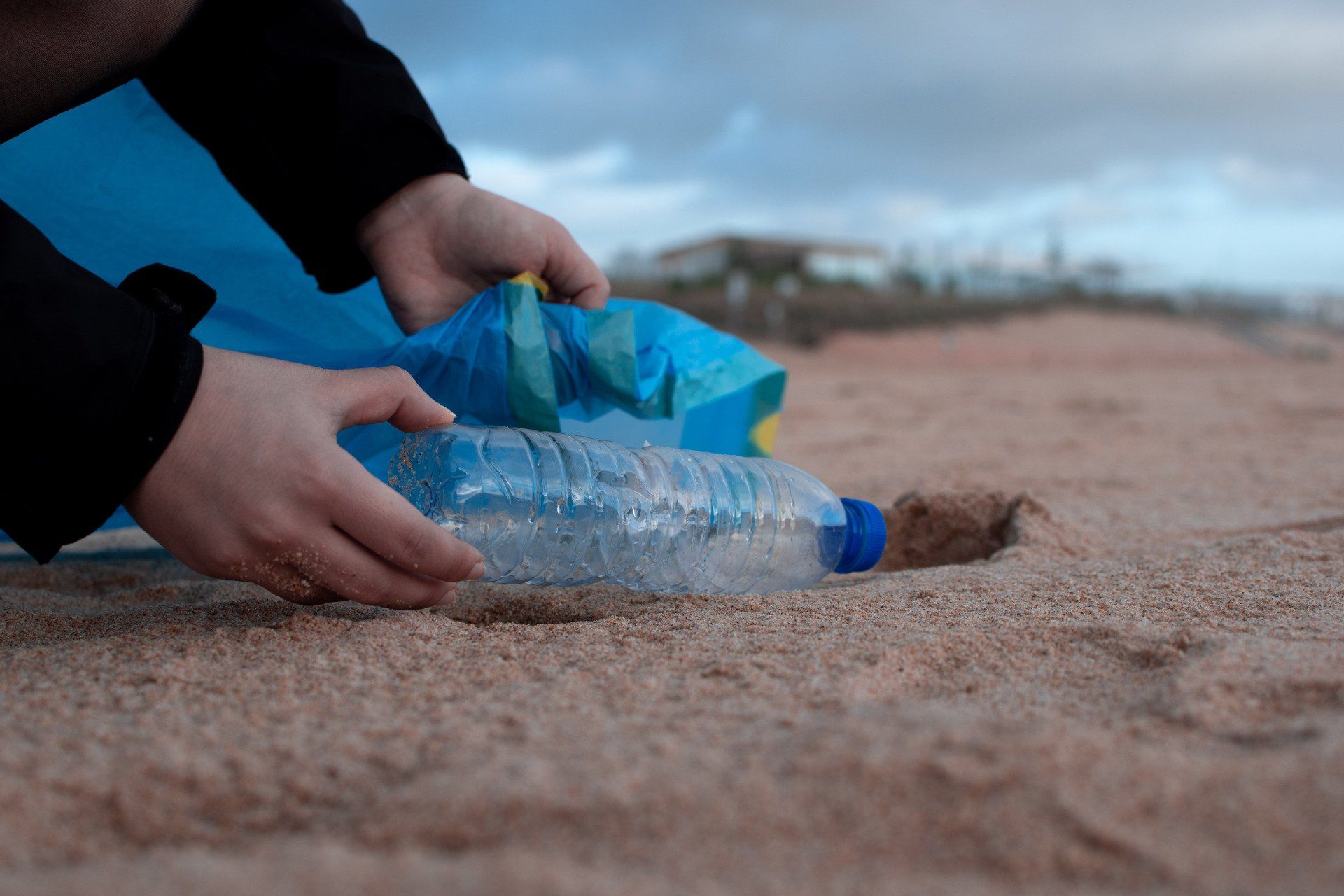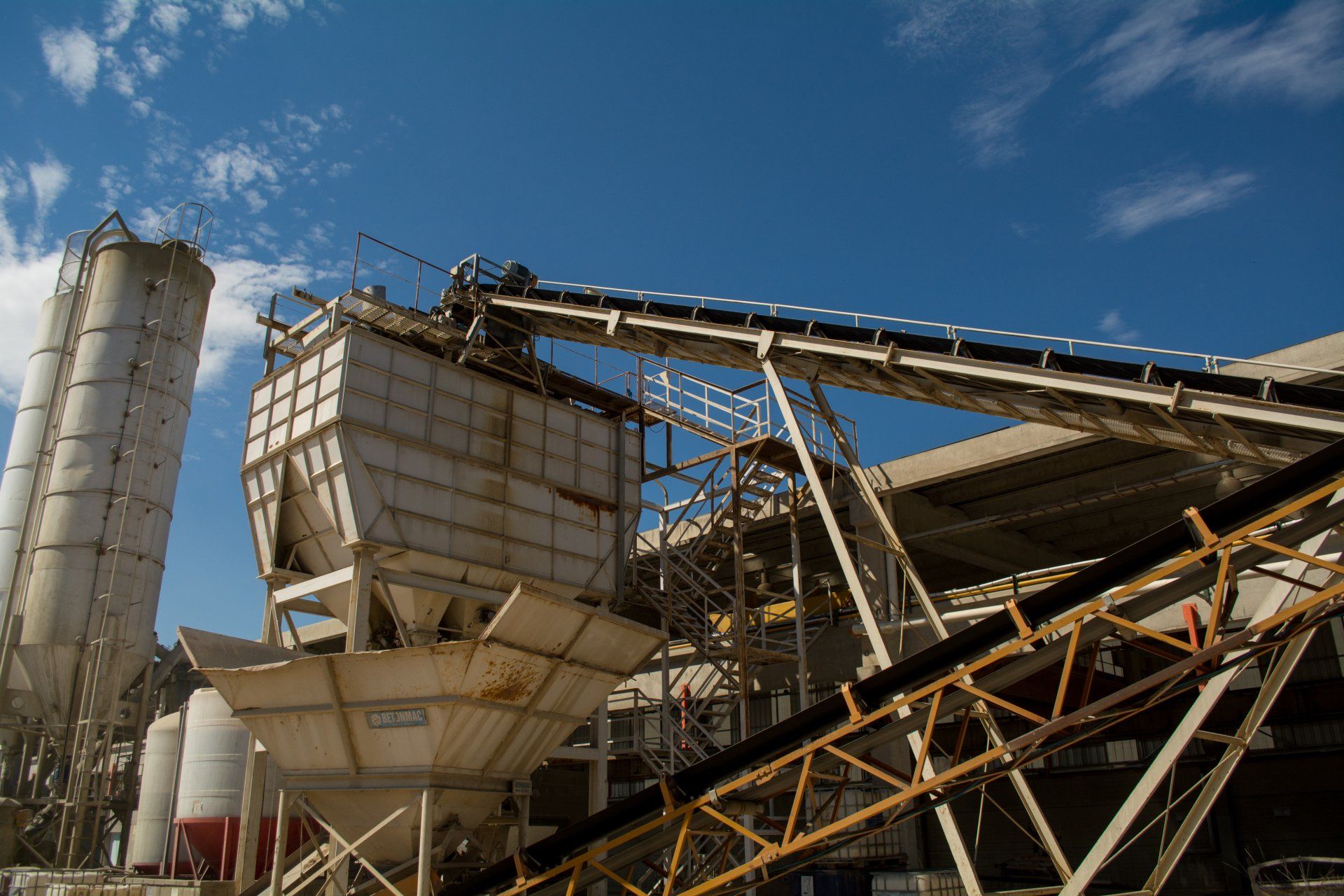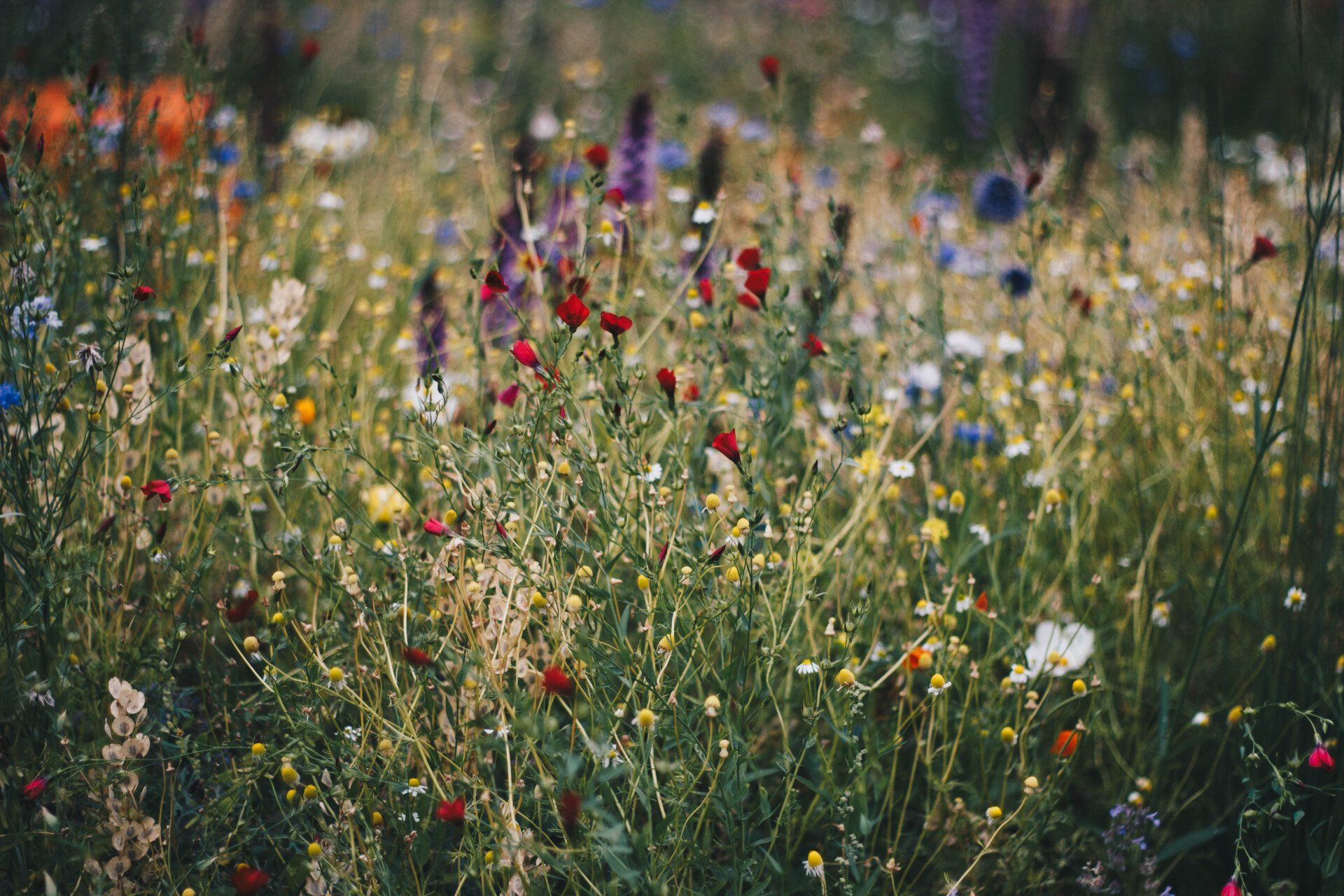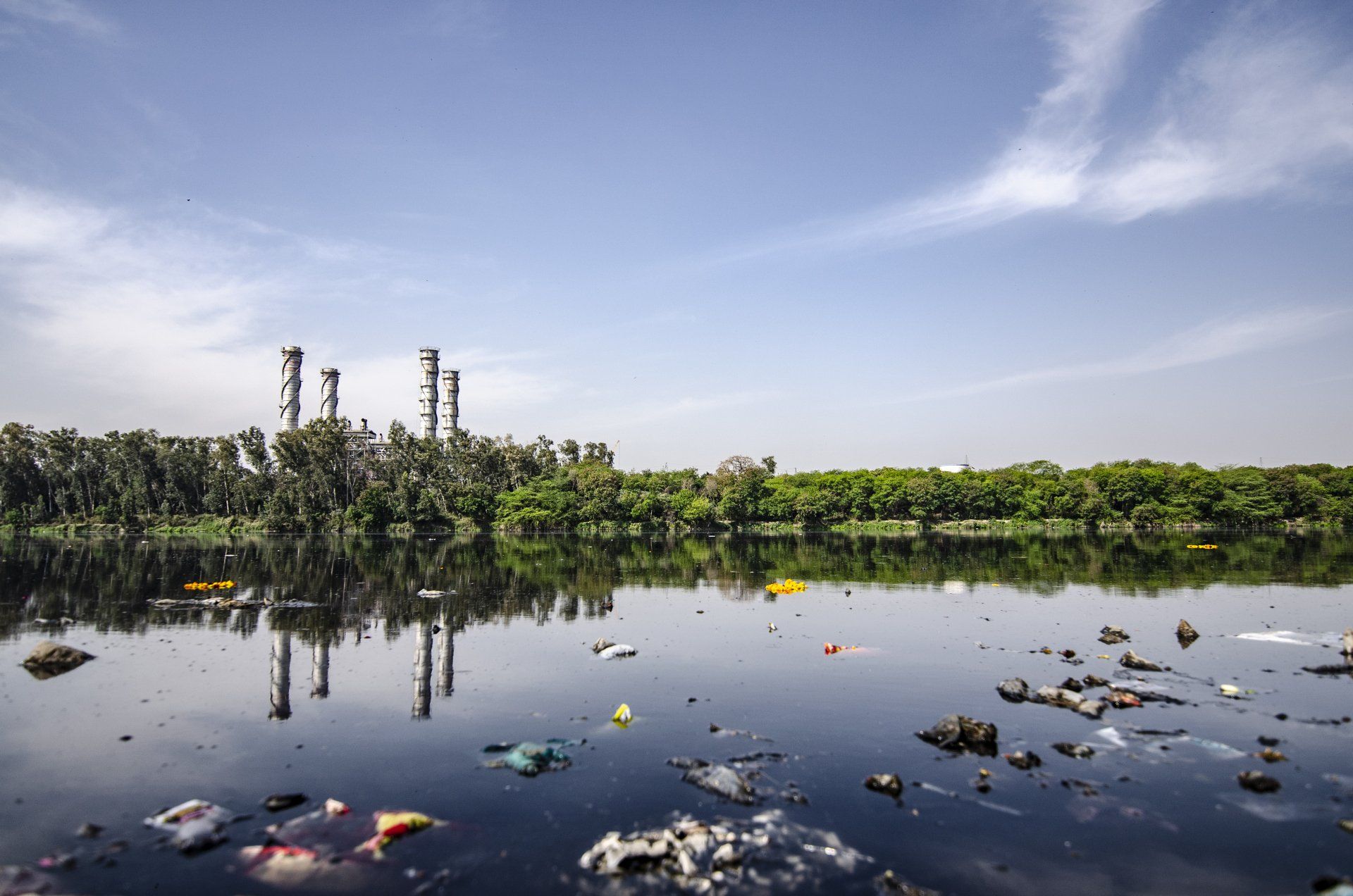Hazardous substances
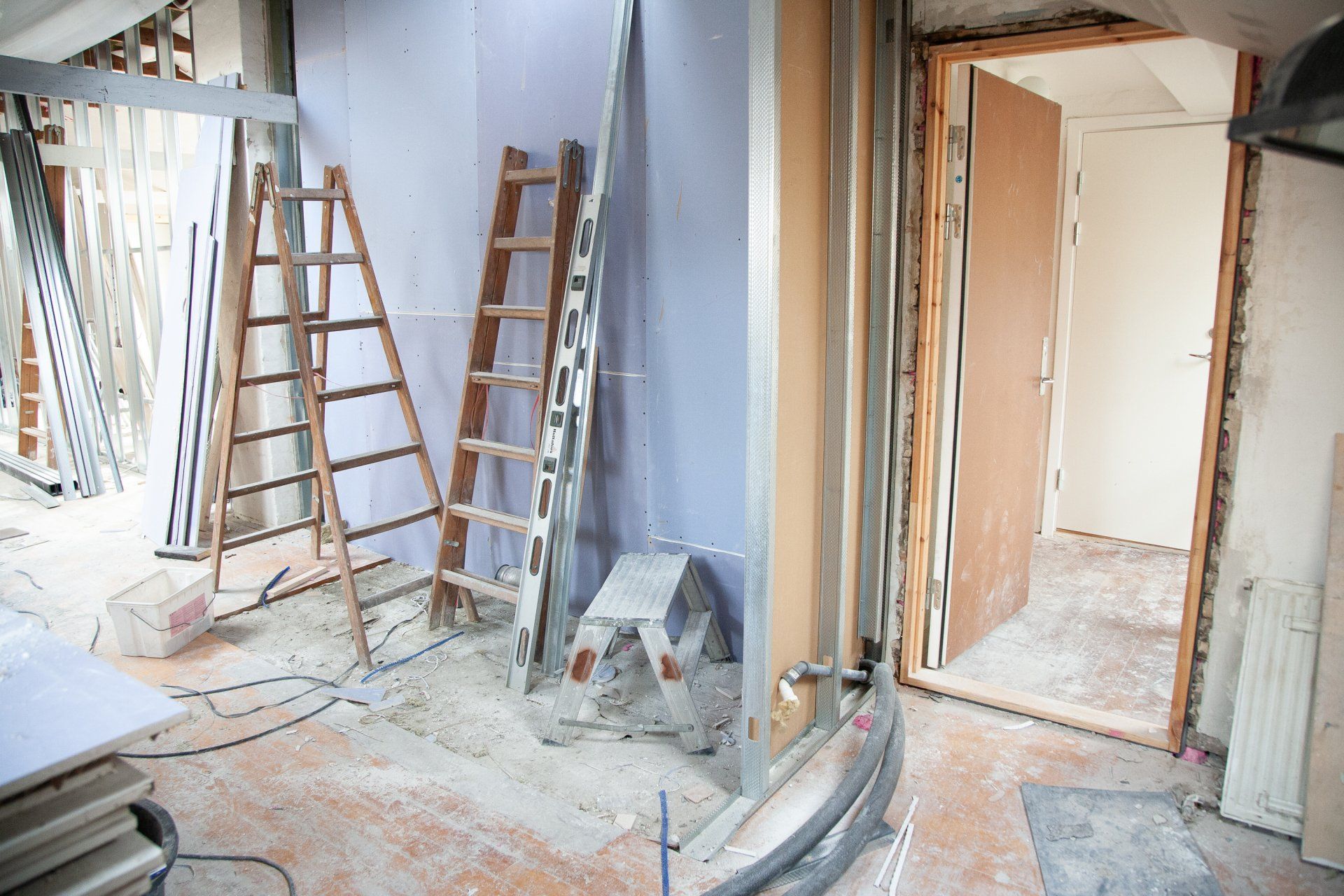
Proposals on toxic substances & Moving exhibition on plastic and toxics flows in the society
CCB played an important role in creation of partnership among municipalities, private companies, academia, and NGOs in the Baltic Sea region to develop a core Baltic Sea INTERREG project on elimination of hazardous substances in construction and building materials.
The core project “Reducing hazardous substances in construction to safeguard the aquatic environment, protect human health and achieve more sustainable buildings” has been approved by Baltic Sea Interreg and started its implementation in 2023.

Awareness campaign & Safe disposal points for outdated pharmaceuticals
In 2022, CCB and its MOs continued supporting the implementation of the EU Single Use Plastic Directive and EU Circular Economy Action Plan for a cleaner and more competitive Europe in BSR EU Member States. CCB will also facilitate adoption of the directive and action plan requirements by non-EU BSR countries.
A series of activities were launched on addressing the microfiber pollution from textiles and solutions on the whole life cycle of textile. A survey for experts was developed, allowing to collect data on actions tackling the microfiber pollution and addressing the circular textile in the Baltic Sea region and beyond. The results supported the development of a report and a case study of available solutions, with the contribution of 5 CCB MOs.
The report and a dedicated awereness raising campaign on social media - #KeepFibersZipped - are planned in 2023.
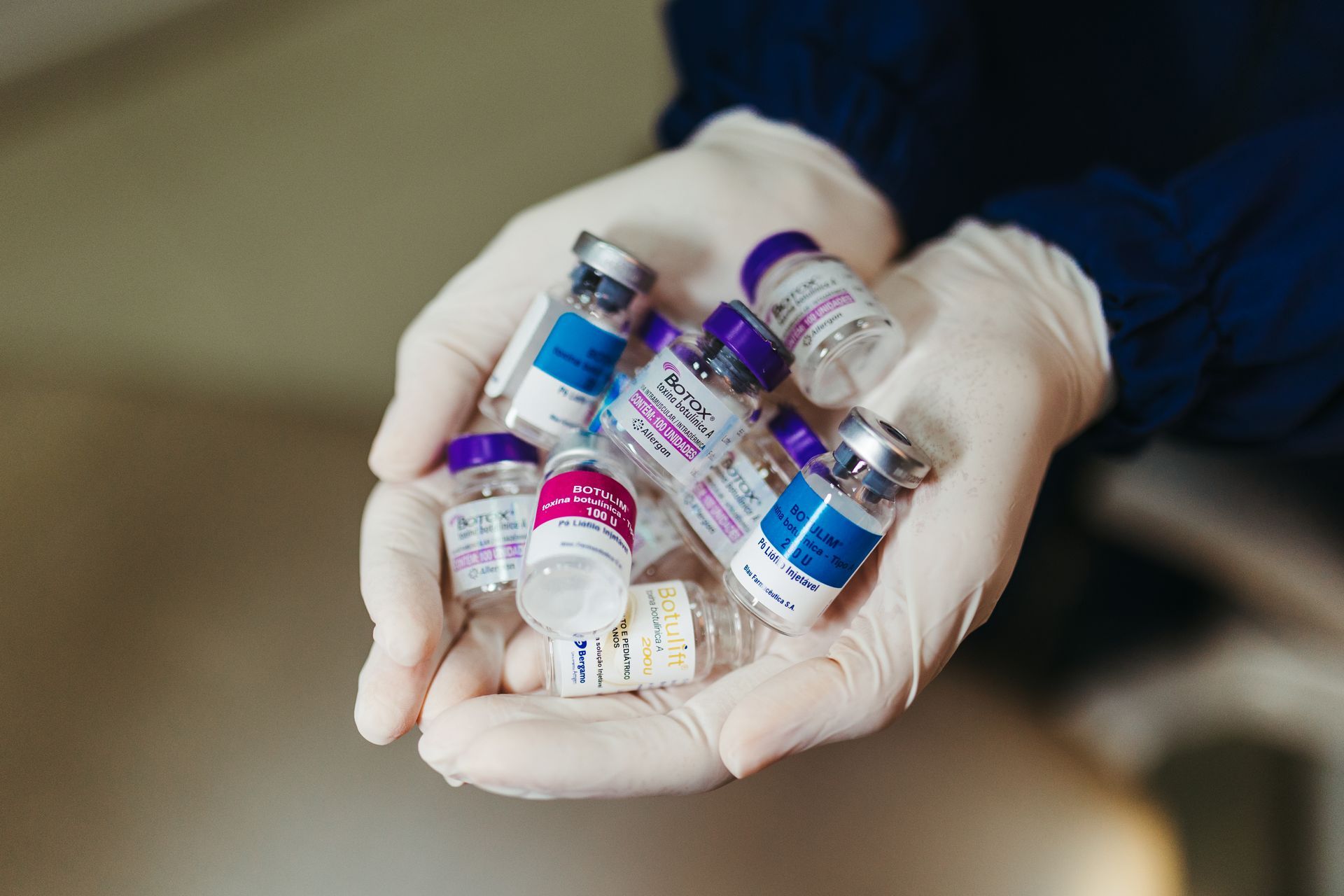
In 2022, CCB continued to raise the topic of pharmaceuticals in the environment in the public sector with special focus on consumer behavior and safe disposal of obsolete pharmaceuticals.
Representatives of CCB and MOs highlighted the importance of safe disposal of outdated pharmaceuticals in BS countries with poor or absent system of outdated pharmaceuticals collection and disposal.
Special attention was paid to the situation in Ukraine and Belarus where there is a very limited possibility for the public to safely dispose obsolete pharmaceuticals. Thus, in Belarus, CCB has continued to provide expert support to establishing a system for collection of obsolete pharmaceuticals from public.
In 2022, for the first time the system has been expanded to pharmacies, with 10 pharmacies in Minsk which started to collect obsolete pharmaceutical waste from public.
In Ukraine, the CCB is engaged into development of a pilot initiative in the Lviv region to establish a first pilot system of collection of obsolete pharmaceuticals while taking into account also the increased amounts of medicines that need to be safely disposed due to the wartime supplies. A project concept has been submitted to the Baltic Sea Conservation Foundation and will be finalized as application in 2023.

CCB worked to develop a concept for the new public communication campaign, which will be implemented in 2023-2024.
Also, CCB staff was following international and regional developments in the area of heavy metals, and esp. mercury and lead, including Minamata convention 4th Conference of Parties in March 2022, and First session of the fourth meeting of the intersessional process on SAICM-2020 from 29 August to 2 September 2022.
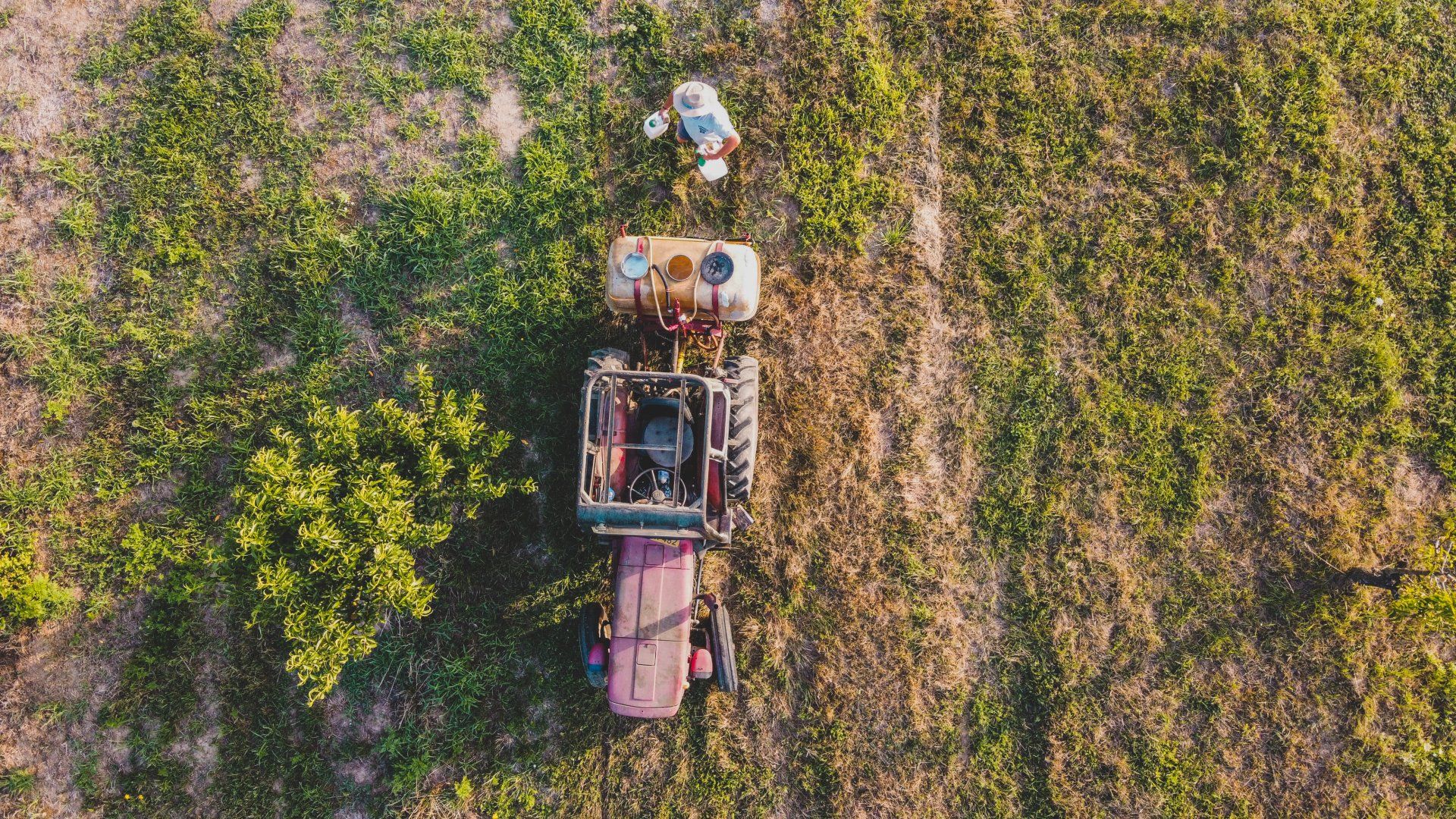
CCB has started to work with accessing of the situation with HHPs in different BSR countries, raising awareness about the topic within the network, as well as was engaged into addressing the issue of HHPs in Ukraine.
In co-operation with Lviv public organization and MO Ecoterra, CCB has been working in 2022 to bring together stakeholders from Ukraine, EU, and the Baltic Sea region to start public discussion about the situation with HHPs in Ukraine, and specifically in the Lviv region of Ukraine.
The conference was originally planned to be held in spring 2022, but due to the war, it was postponed to early 2023. As a result, on 27 January 2023 a dedicated international conference “Pesticides and the Environment. GRASS 2023” was organized with participation of Ukranian, regional, and international stakeholders to discuss the issues of pesticides impact, situation with HHPs in the EU, Ukraine, and the Baltic Sea region, situation with specific pesticides like chlorpyrifos, pesticides monitoring in the environment, and others.
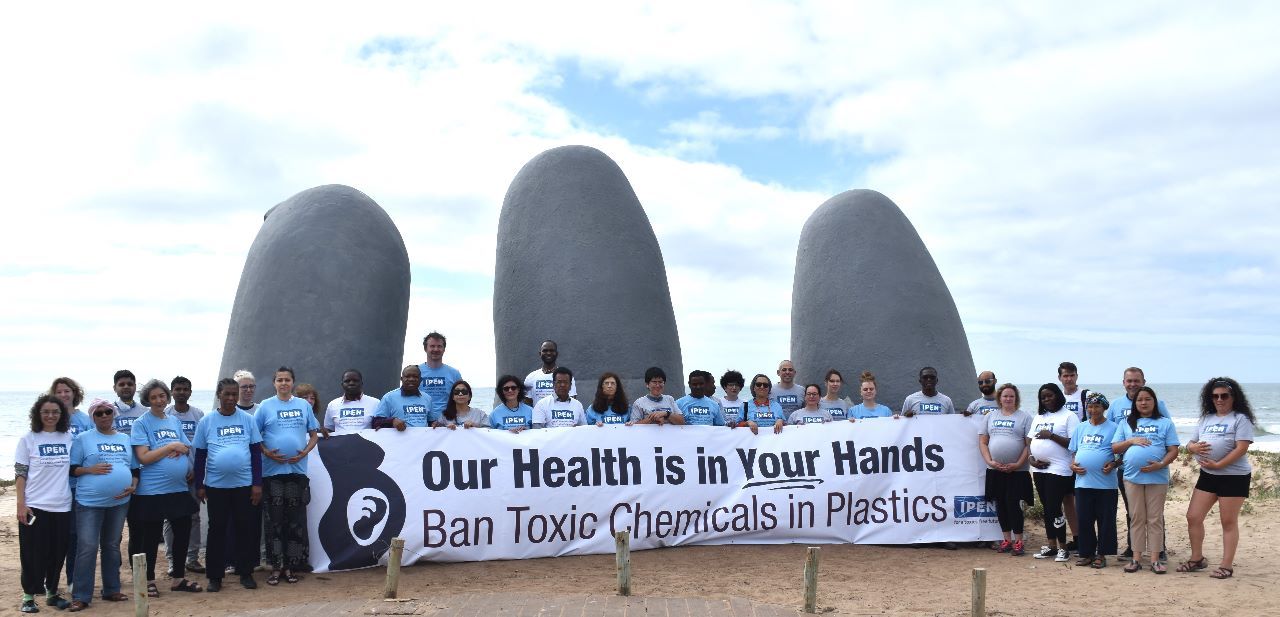
CCB contributed to the SAICM and the UNEP process to develop an international legally binding instrument on plastic pollution, including in the marine environment.
CCB took active part in the first session of the INC to develop an international legally binding instrument on plastic pollution, including in the marine environment, which took place in November-December 2022.
Two articles were published on the topic and CCB engagement: 30 November 2022 and 12 December 2022.

